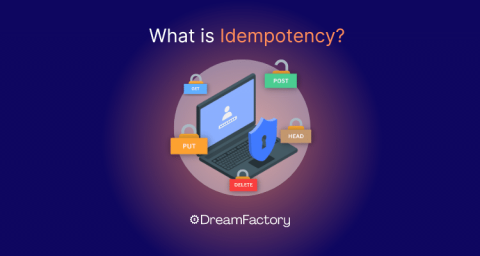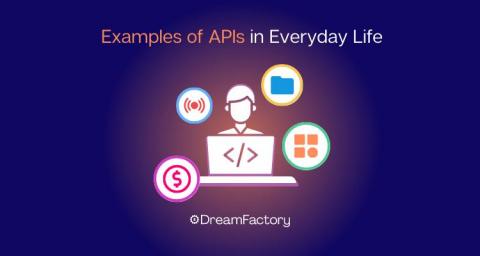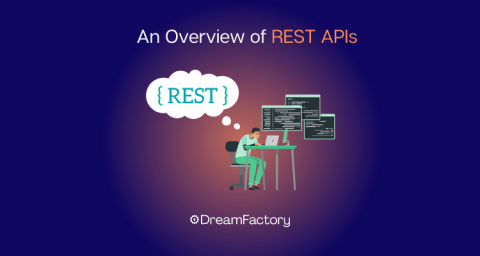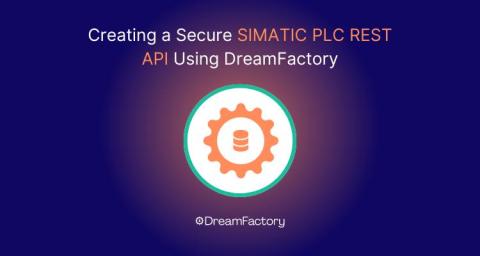APIs and ERPs: A Match Made in Heaven | Dreamfactory
History is full of dynamic duos like peanut butter and jelly or Batman and Robin—but is it time to add APIs and ERPs to the mix? According to a 2019 study by Cloud Elements, APIs and ERPs are essential to modern business strategy. 55 percent of respondents believe that API integrations are “critical” to their operations. What’s more, the survey’s participants say that ERPs are one of their top three business use cases for API integrations.











